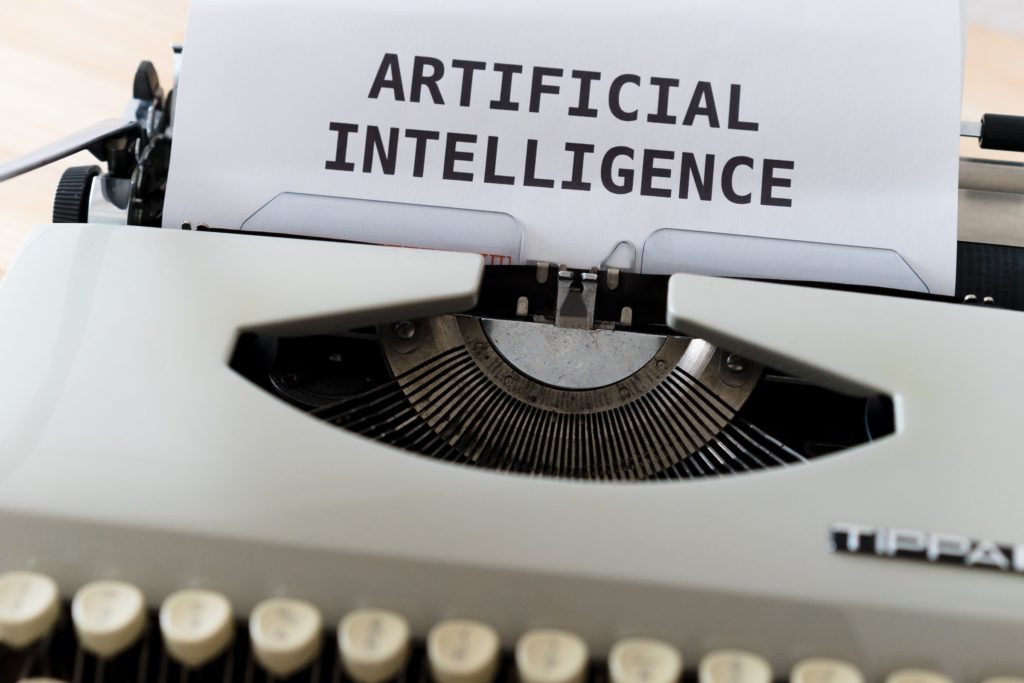Artificial Intelligence vs. GDPR. Who will win the battle?
Processing personal data is an integral part of the digital reality. Companies face many challenges. Cybercrime poses a serious threat. Society is becoming more aware of its privacy. Legal regulations, including GDPR, set specific requirements. Companies need to approach them flexibly and responsibly. However, it’s hard to determine the impact of these elements on the development of artificial intelligence (AI).
Cybercrime
Cybercrime is a significant challenge in today’s world. The intensity of this problem is increasing every year. In business language, terms such as hacking attacks, phishing, and ransomware have become common. Companies processing personal data must invest in IT security systems. They also need to train their teams. This allows them to effectively counter threats. Data security is a priority for every business.
Social awareness of privacy
The right to privacy is a basic human right. In the era of digitization, it becomes even more important. Customers are increasingly aware of their rights. They expect companies to be transparent in data processing. Companies that do not meet these expectations risk losing customers’ trust. This, in turn, can lead to a loss of their loyalty.
The right to privacy is a basic human right. It enables control over information about oneself. It protects against improper use. GDPR, as a European regulation, crucially treats this right.
GDPR obliges companies to protect the processed data, and companies must inform individuals about the purposes of processing their data. They also must allow them access to these data.
GDPR introduces the right to be forgotten, which means that an individual can request the deletion of their data in certain situations. Additionally, the right to data portability is another element of GDPR that allows data to be transferred between service providers.
So, the right to privacy in the context of GDPR is control over personal data. It’s protection against their improper processing.
Increasing legal requirements
GDPR is a key regulation regarding data processing. It introduces many requirements that companies must meet. Severe sanctions threaten violations of these regulations. They can reach up to 20 million euros. Alternatively, it can be 4% of the company’s global turnover. This demonstrates the seriousness of the right to privacy in the European Union. Companies, therefore, need to dedicate resources to ensure GDPR compliance. This is also necessary for other legal provisions.

GDPR and artificial intelligence
Artificial intelligence is an area of progress and innovation. However, it must comply with GDPR regulations. Companies are obligated to inform customers about the processing of their data by algorithms. They also need to provide a “right to explanation” for automatic decisions. Such requirements can slow down the development of AI. At the same time, they can encourage the creation of more “transparent” and ethical AI models.
Solutions and the future
Challenges in data processing are significant, but surmountable. New technologies can increase privacy and data security. Companies investing in advanced AI must integrate GDPR principles at the design stage. This is known as privacy by design. Training employees and building a culture of respect for privacy is key. This applies to all levels of the organization.
Conclusion
Data has become the new “gold” in our world. The ability to manage it is the key to success. GDPR may pose a challenge, but it also offers an opportunity to build trust. Increasing customer loyalty is possible thanks to this. We observe dynamic development of technology, including artificial intelligence. An approach to data that combines innovation and ethics will be the key to future success. What do you think, who will win the battle, GDPR or artificial intelligence?
